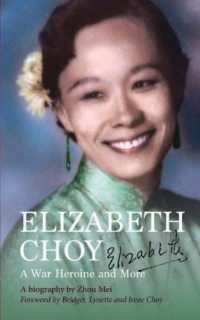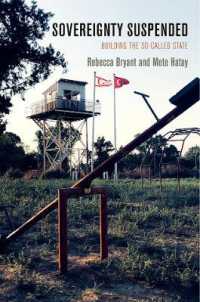Full Description
This book looks at literary historiography in Russia, Latvia, the Czech Republic and Finland, focusing on how seismic shifts in state politics and ideology after 1990 changed the writing of national literary histories in these countries.








